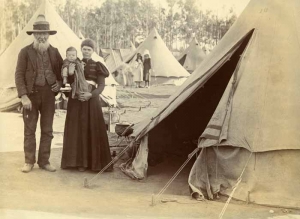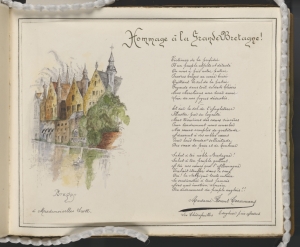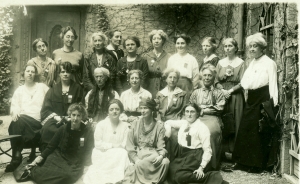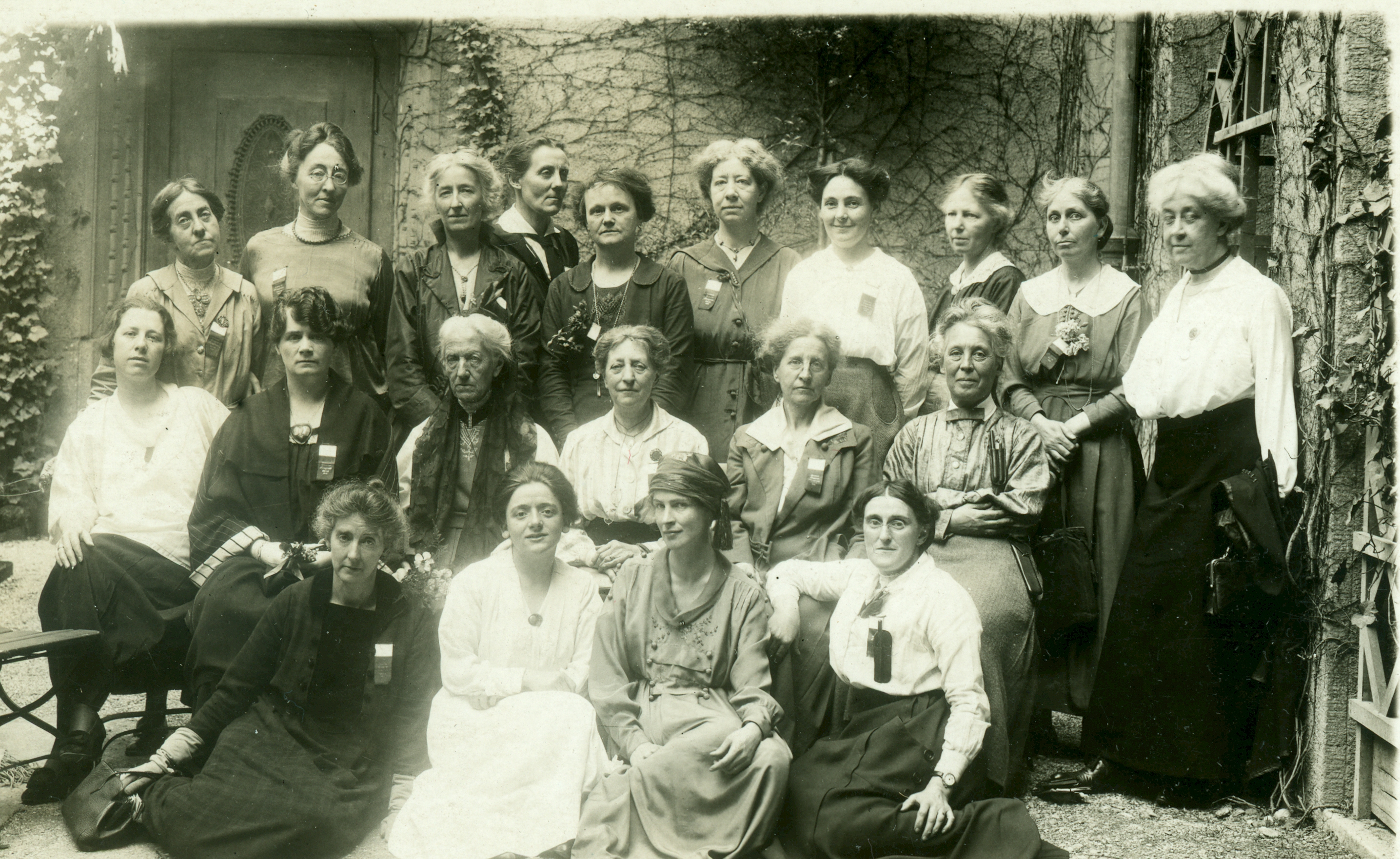The Library’s spring exhibition draws on its iconic collections to explore the theme of women, war and peace to coincide with the launch of the new teaching programme at the Centre for Women, Peace and Security at LSE writes Dr Gillian Murphy of LSE’s library.
War has devastating consequences both for men and for women. Historically, armed conflicts highlight underlying inequalities between men and women that are less obvious in peacetime. Sustainable peace is dependent upon equality and understanding between people which will only be realized with greater participation of women in international roles at all levels. There is no set order to the sequence of cases. Each holds a discrete group of items that might be viewed independently or together.
The exhibition falls into two halves. One half considers how women were affected by different wars during the first half of the twentieth century highlighting the work of a number of women who wanted to alleviate the burdens of war. There are examples of destitution, prostitution, trafficking, starvation: all effects of war that women still experience in conflicts around the world today.
On display are photographs and diary from a commission of six prominent women, including Millicent Garrett Fawcett, sent by the British government in 1901 to investigate the appalling conditions suffered by mainly women and children in the Boer War ‘concentration camps’ in South Africa. These camps were set up by the British to weaken Boer resistance but they were managed very badly and many people died. The ladies’ report made recommendations for improvement.

There is an illustrated album and medal recognising Amelia Scott’s relief work in Tunbridge Wells with Belgian refugees who were displaced during the First World War; the diary of Edith Summerskill, MP for West Fulham, who visited refugee camps in 1938 established during the Spanish civil war; a letter from Eglantyne Jebb reflecting on her arrest in Trafalgar Square and prosecution under the Defence of the Realm Act, 1919 for distributing leaflets of starving Austrian children. Eglantyne was fined £5, but the prosecuting counsel was so impressed by her argument that they awarded her £5 publicly. This was the start of Save the Children. There is also material relating to the plight of Russian women exiles in Shanghai who were forced to flee following the Russian civil war in 1918. By the 1930s, there were about 25,000 Russians living in Shanghai with a large proportion of young Russian women forced into prostitution.

The other half of the exhibition looks at women on the international stage and how they tried to prevent war and promote peace. The idea that preventing war should be the equal responsibility of women and of men was voiced at the First Women’s International Peace Conference in the Hague in 1915. Out of this conference grew a peace movement known as the Women’s International League for Peace and Freedom (WILPF).

Individual women also made relentless efforts to promote peace. Kathleen Courtney was a founding member of WILPF and was also involved in the League of Nations Union. She was an excellent speaker who delivered many lectures on world peace and international co-operation on both sides of the Atlantic. Frances Josephy, Liberal MP, was deeply involved in the Federal Union and believed that if Europe’s unity would make it a peaceful continent. In the early 1980s, the threat of another war loomed. An Appeal for European Nuclear Disarmament was published by Mary Kaldor, professor of Global Governance at LSE, and others in 1980, seeking to campaign for a nuclear-free Europe which was also neutral, united and pacific.
1975 was a year of significant progress for women. The United Nations declared it to be International Women’s Year with the First World Conference on Women held in Mexico. The objectives of the delegates were diverse that ranged from: promotion of genuine equality between men and women; greater influence of women in social and economic development; and recognition of women’s role in strengthening world peace.
These bold initiatives were formalized in the United Nations Convention on the Elimination of All Forms of Discrimination against Women in 1979, seen as a milestone in advancing equal rights for women. The United Nations organised follow-up conferences in Copenhagen (1980) and Nairobi (1985). Ten years later, another landmark document for equality was produced at the Fourth World Conference on Women in Beijing. For the first time, the issue of violence against women was identified as an obstacle to achieving equality, development and peace.
The merit of this campaign was affirmed in 2000 when the United Nations Security Council passed the historic Resolution 1325, which formally recognized commitments to women’s human rights, women’s participation in all peace and security processes and women’s protection during conflict. The latest Resolution 2242 (2015) reiterates the link between women’s participation and sustainable peace.
There are many items on display which document the subject of women promoting peace. Why not come and have a look? The exhibition is at the entrance of the library on the left.
——————————————————————————————————————————————————
Dr Gillian Murphy is the curator for Equality, Rights and Citizenship based in LSE Library. All enquiries regarding the exhibition and the library can be directed to library.enquiries@lse.ac.uk. The exhibition is open to all from Monday-Friday between 9am-7pm and on weekends between 11am-6pm.


